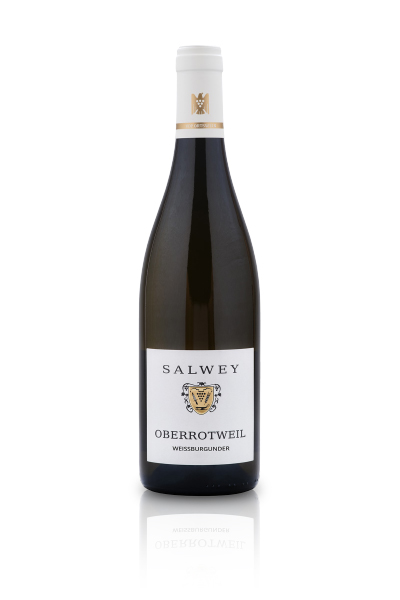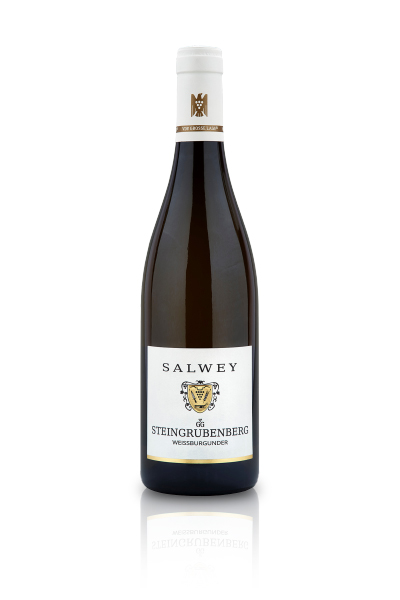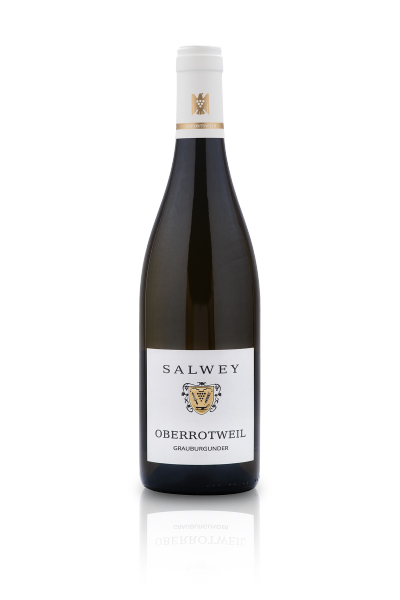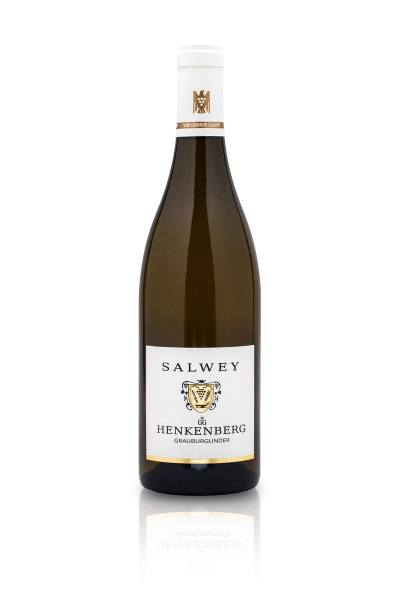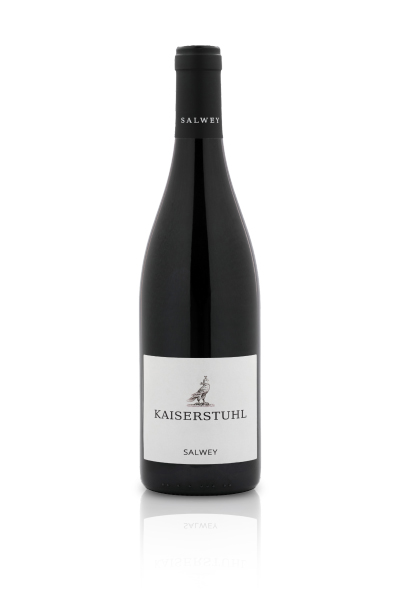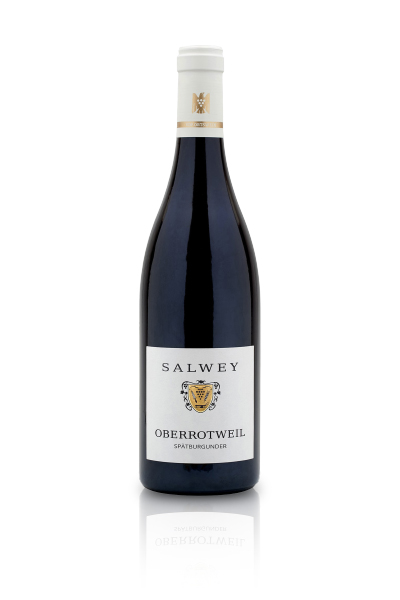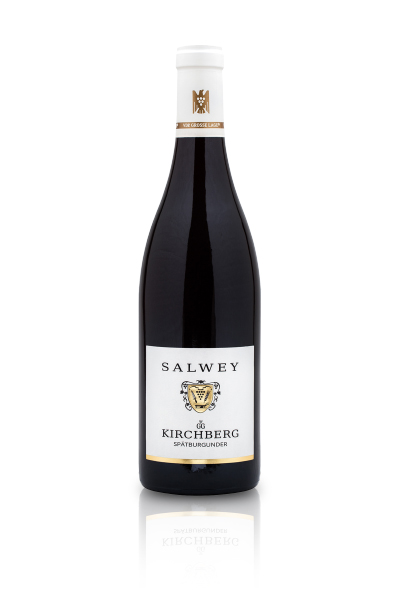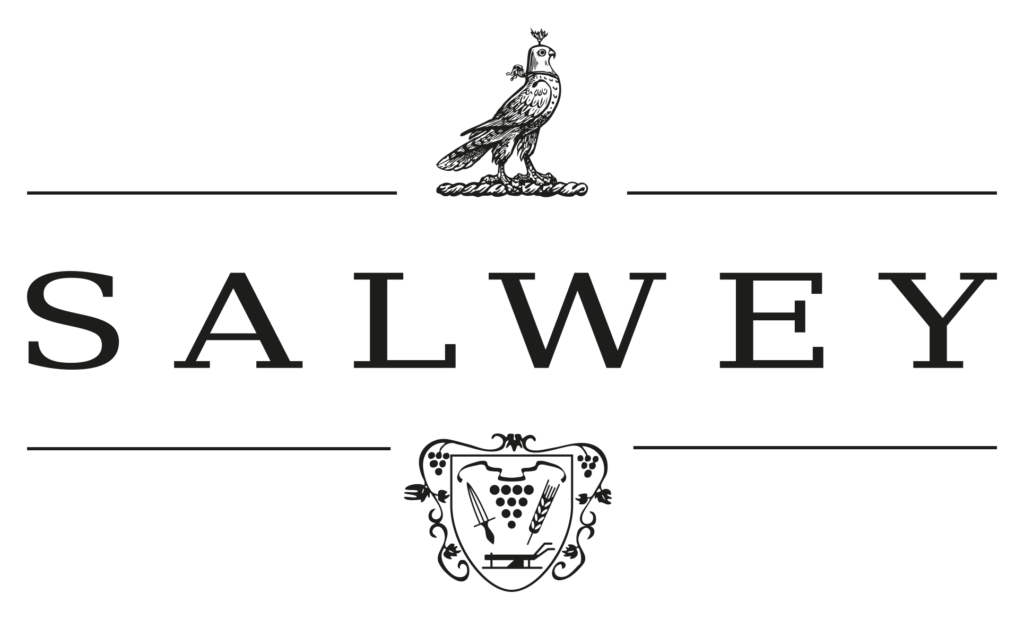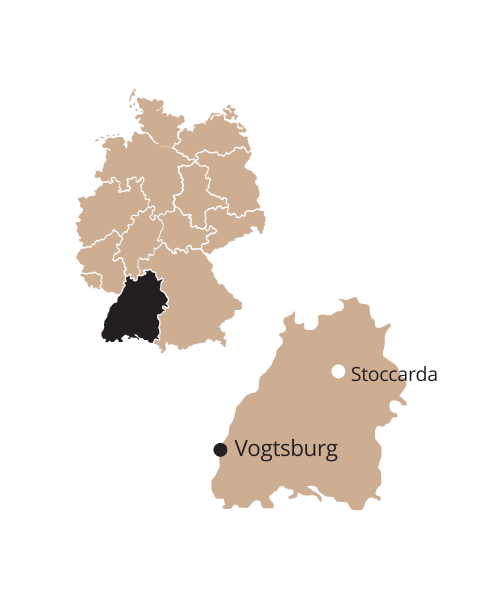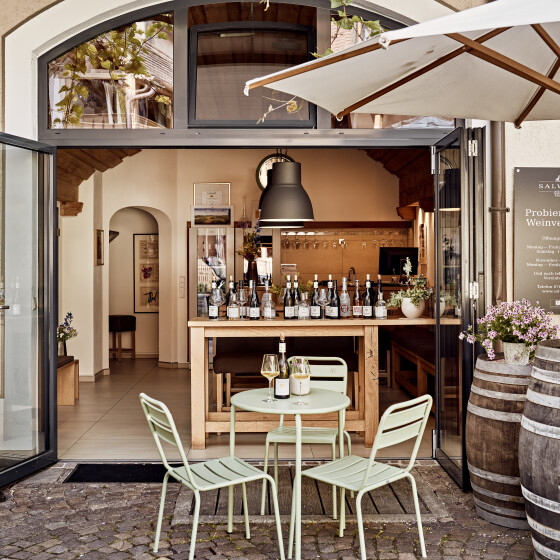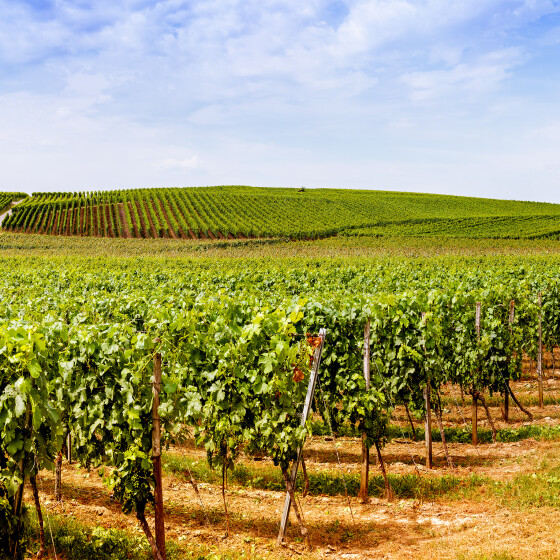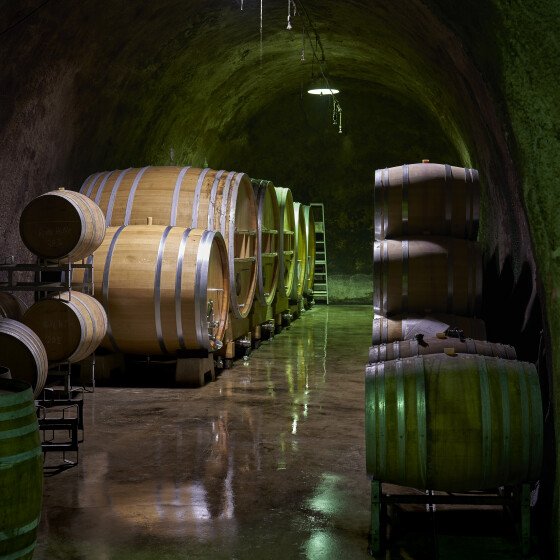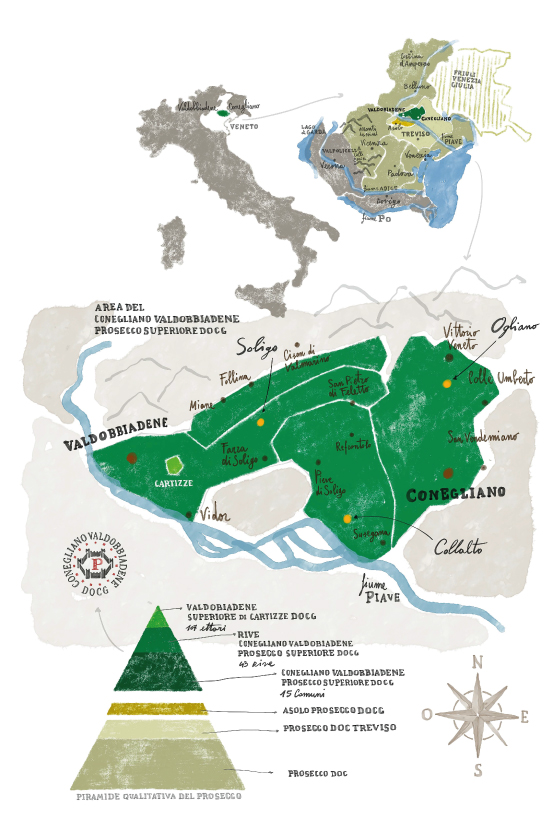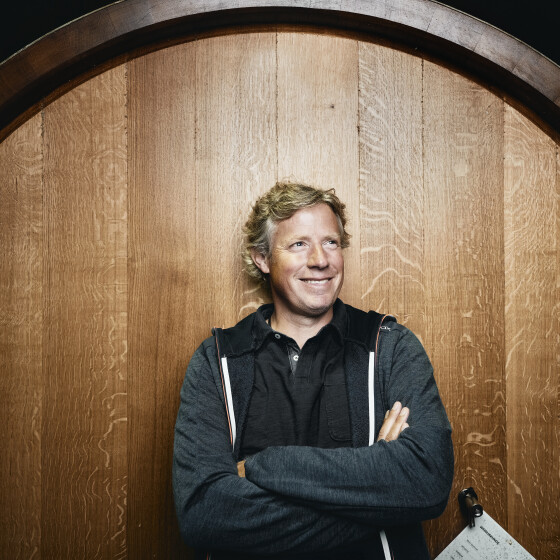
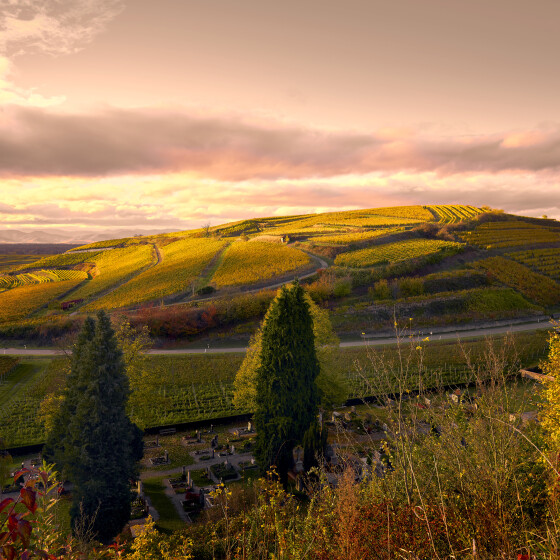
THE COMPANY
Located in the Kaiserstuhl area of Baden, Germany’s sunniest and southernmost region, Salwey sits atop an extinct volcano. The eruptions and faults that originated here give the 25 hectares of the estate a unique topography, and the countless varieties of lava, magma and volcanic rocks create unique soil mineralisation and composition. The main player is loess, or desert dust sand, which may have been windblown in from Africa and deposited at Kaiserstuhl thousands of years ago. This unique and fertile sediment contributes greatly to the region’s rich viticulture. The area enjoys a Mediterranean climate, with abundant rainfall, favorable winds and about 1,800 hours of sunshine annually, which is rare for most German regions. Although the family’s wine-making roots date back to the 18th century, Salwey has been a winery for three generations and is run by Konrad, who strives to maintain a balance between tradition and innovation: only dry wines are produced, with a strong focus on single vineyards. He devotes himself to the classic grape varieties of the Kaiserstuhl such as Pinot Blanc, Pinot Gris and Pinot Noir with a style that is always clear and direct, letting the terroirs talk: Konrad, in fact, believes in the need to allow nature the time and space to shape the final product. The use of only natural yeasts, the avoidance of filtration and clarification as well as the meticulous attention to all steps make Salwey a benchmark in Baden.
